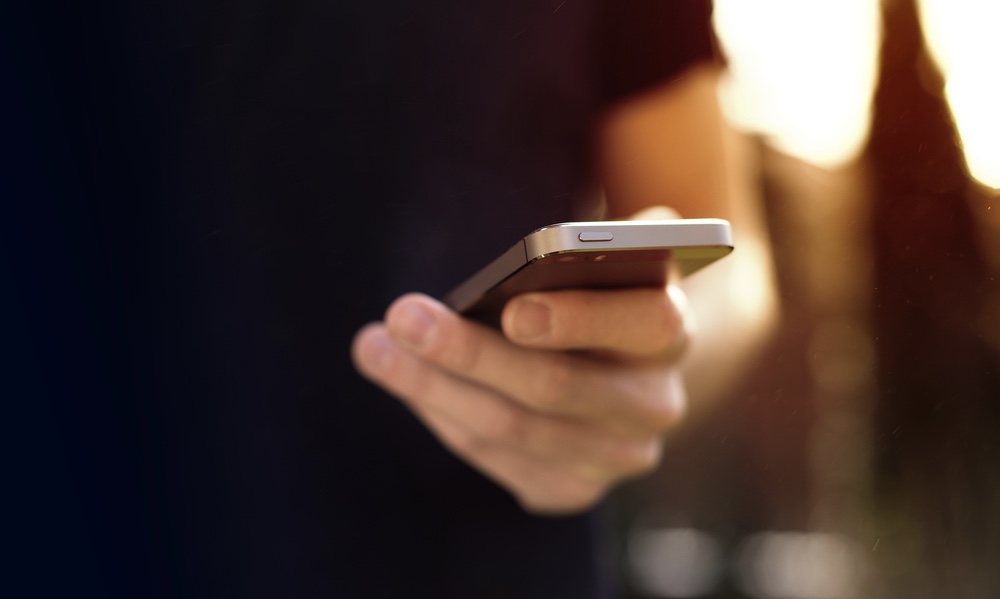
I’ve been following the FBI vs. Apple case, and now that it seems it's tentatively over, I find myself keeping up with the conversations around who won and who lost. In my opinion, the software industry should strive to provide the strongest possible protections for users' individual privacy and security. Apple has done just that – so well, in fact, that protecting users has become a part of its corporate reputation. There are diverse topics pertinent to this case that are worth discussing but I want to focus on Apple’s reputation, and a claim made by the LA Times that both parties emerged winners and losers. Some sources claim Apple lost because by unlocking the terrorist's iPhone, a third-party allegedly shattered the tech giant's security-minded image. The problem I have with this impression is that the general populace isn’t familiar with how many software security issues are handled by a firm. In fact, they have no idea exactly how common a zero-day bug is, and many don't know that this iOS version has at least one flaw that is “ho-hum” to anyone working in the industry. If anything were to be surprising, it would be the absence of a flaw in iOS. Being in the industry, I sometimes feel overwhelmed by the sheer volume of security issues. It is in these moments that I can't shake the feeling this is just the tip of the iceberg of what we are able to see. With that in mind, equating a flaw in Apple’s iOS to a black eye might actually be correct. A black eye is, after all, a relatively minor complaint that goes away quickly. I hardly think that makes the case that Apple "lost" in this instance. Going back to the LA Times piece, I would like to note that I agree with the author on most of the other points and feel that Apple won here in at least three ways. Firstly, it now knows there is a defect in its iOS security system and can work towards finding and eliminating it – that is, if the FBI isn’t forthcoming and refuses to hand over the details of its unlocking method. Secondly, Apple won by successfully blocking the U.S. government from setting a dangerous legal precedent, though I am certain there will be other attempts to use existing laws to allow the government access to our private data. Finally, Apple made a show of standing up for personal privacy, and the vast majority of its market (younger, tech-savvy people) will appreciate that. They may have lost among law-and-order types, but I really don’t think that is its target demographic anyway. The important thing here isn’t that Apple or the FBI won or lost anything. What's important is that the government still can’t compel a corporation to circumvent its own security. And that is a win for both you and me. Title image courtesy of ShutterStock

